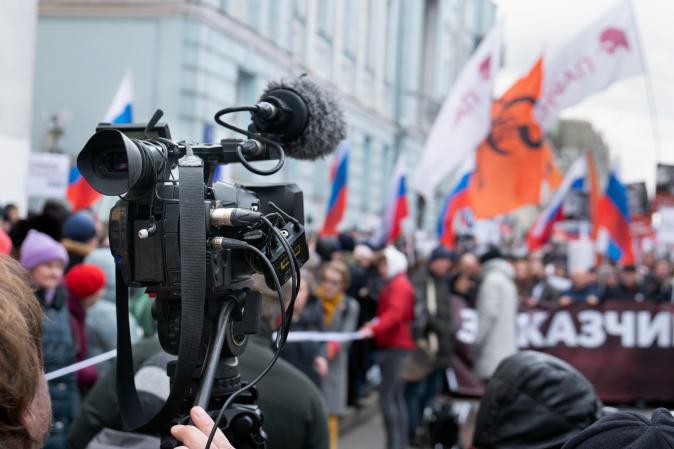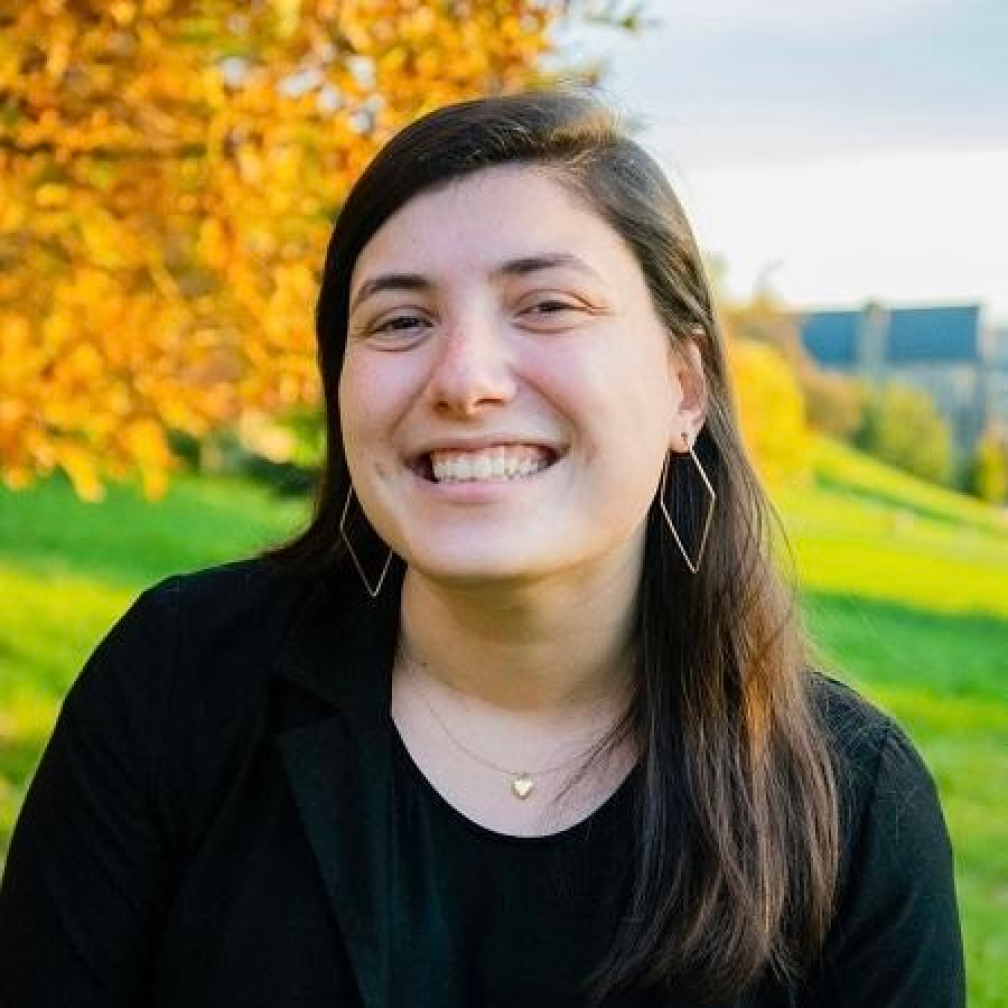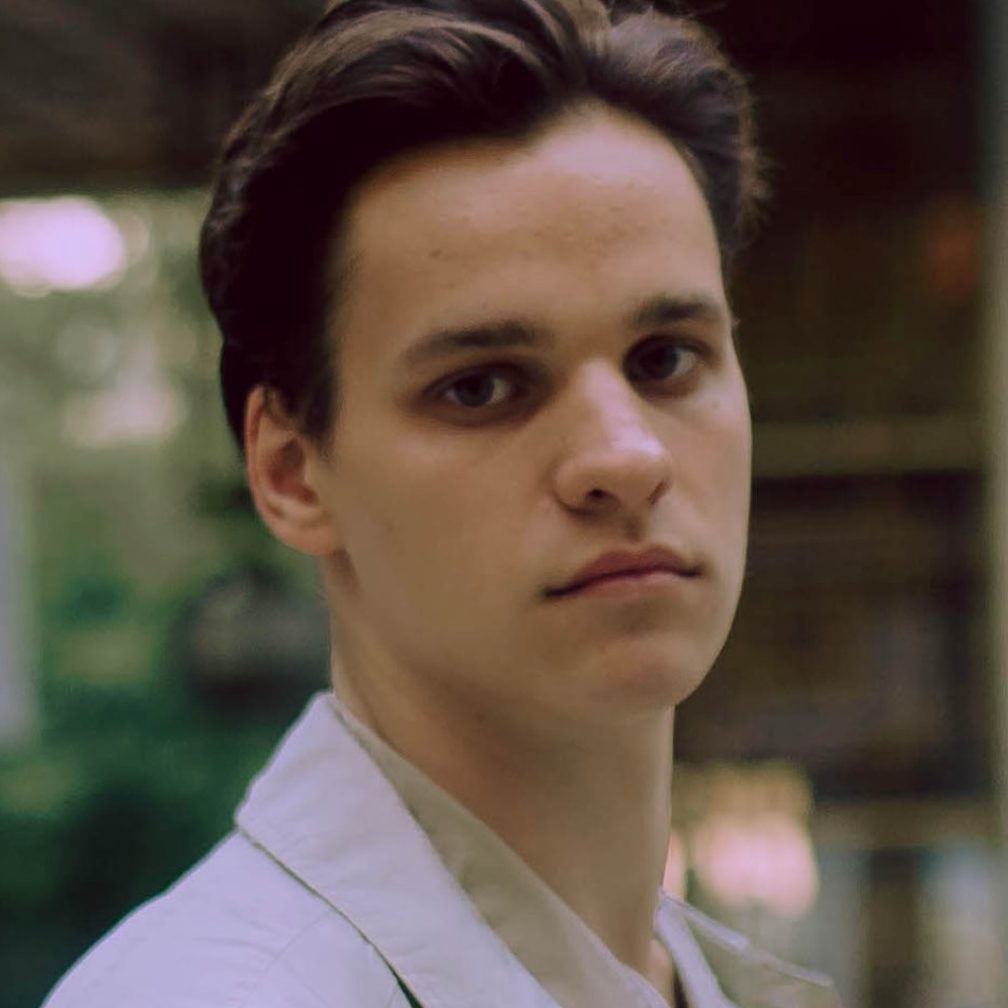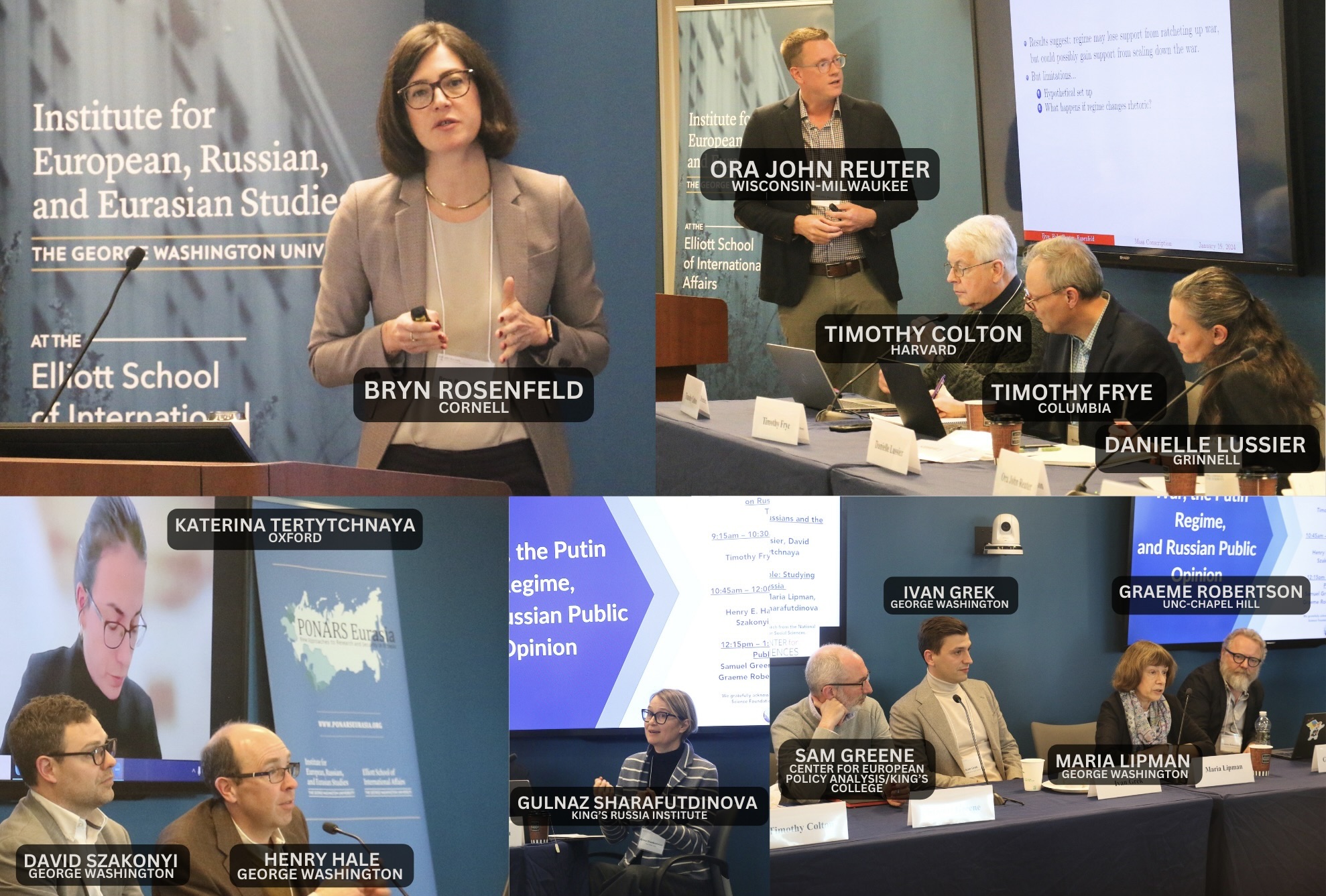For nearly three decades, the Russian Election Study has sought to understand the evolution of Russian public opinion and voting behavior.
The Russian Election Studies (RES)
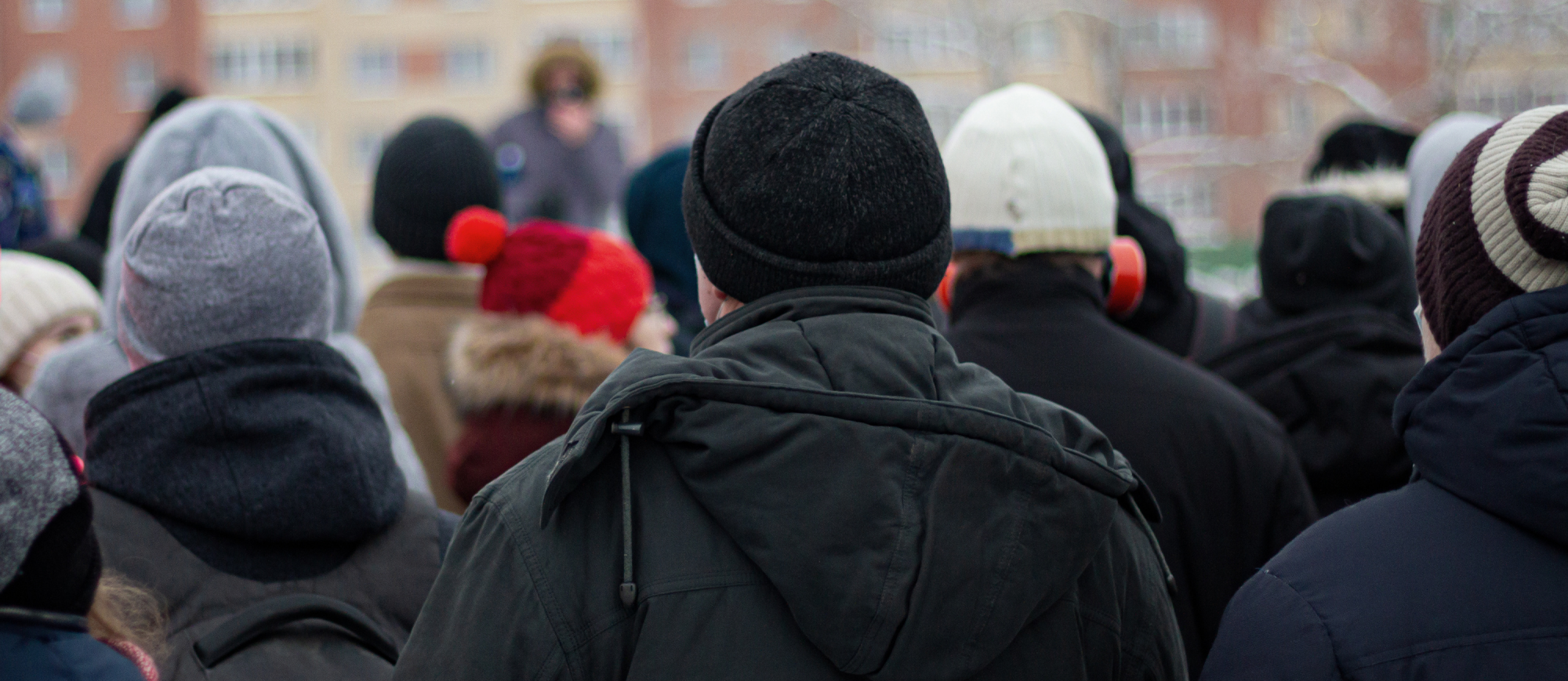
The Russian Election Studies (RES) have covered every national election cycle in Russia for nearly three decades, with post- and pre-election surveys often in combination with panel reinterviews spanning one or more elections. The current RES panel (now in its fourth wave) is the only probability based nationally representative panel survey in Russia tracking public opinion before and after the full-scale invasion of Ukraine.
The RES is an important resource for scholars of Russia, Eastern Europe and the former Soviet Union, authoritarianism, comparative electoral behavior, and political parties, as well as anyone who wants to better understand the evolution of public opinion and political attitudes in Russia. It is the longest running election study in an autocratic country and is the only election study covering an extended period of authoritarian consolidation and the construction of a dominant party system.
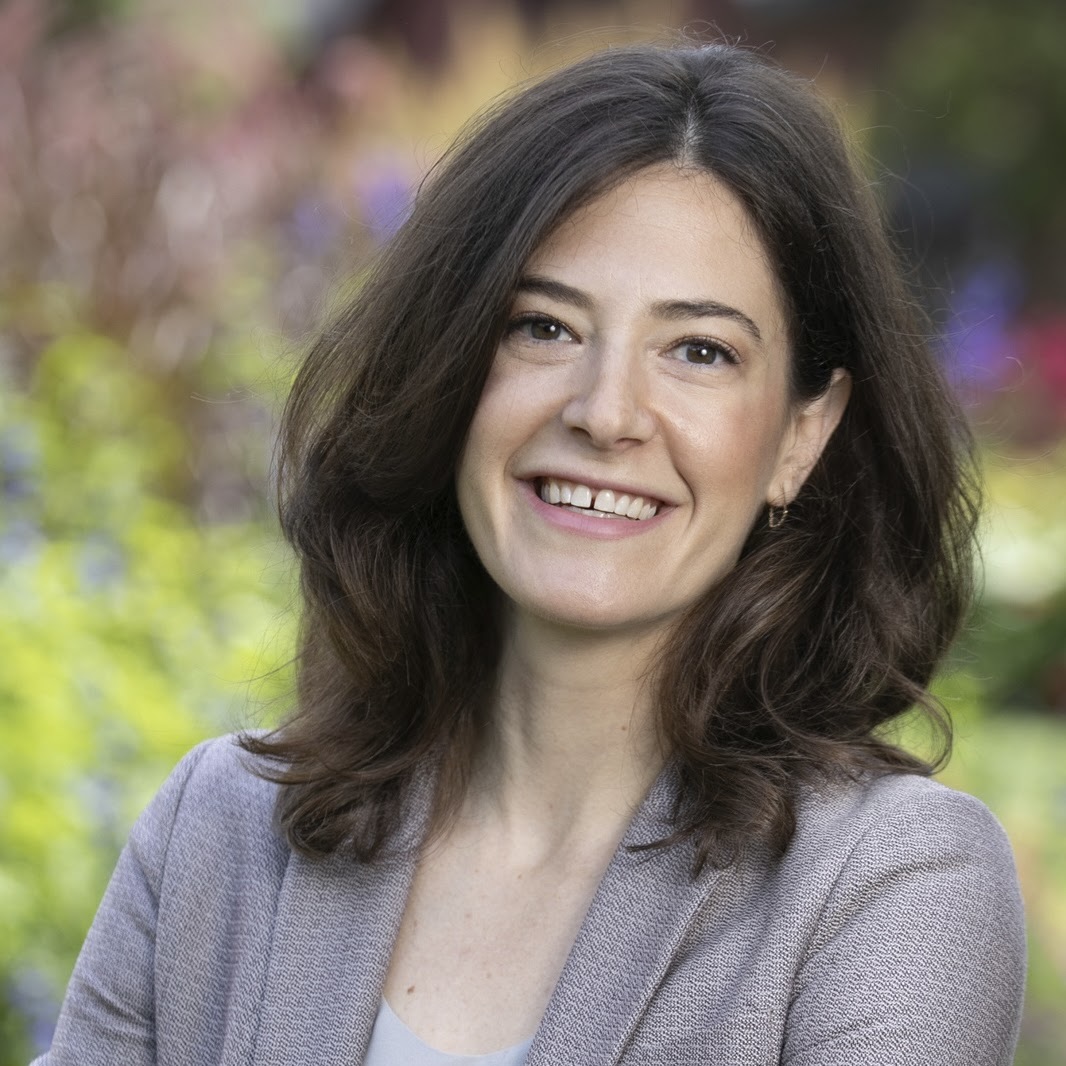
Dr. Bryn Rosenfeld
Bryn Rosenfeld is an Assistant Professor of Government at Cornell University, a former editor at The Washington Post’s Monkey Cage blog, and a co-Principal Investigator of the Russian Election Study, supported by the National Science Foundation. Her first book, The Autocratic Middle Class (Princeton University Press, 2021) won the award for Best Book on Democracy & Autocracy from the American Political Science Association and an Ed A. Hewett Book Prize from the Association for Slavic, East European, and Eurasian Studies. Her articles appear in the American Political Science Review, the American Journal of Political Science, the Journal of Politics, and Sociological Methods & Research, among other outlets. Previously, she was a Postdoctoral Prize Research Fellow at Nuffield College, University of Oxford, and an analyst in the U.S. State Department’s Office of Global Opinion Research, where she designed studies of public opinion in the former Soviet Union. She holds a Ph.D. from Princeton University.
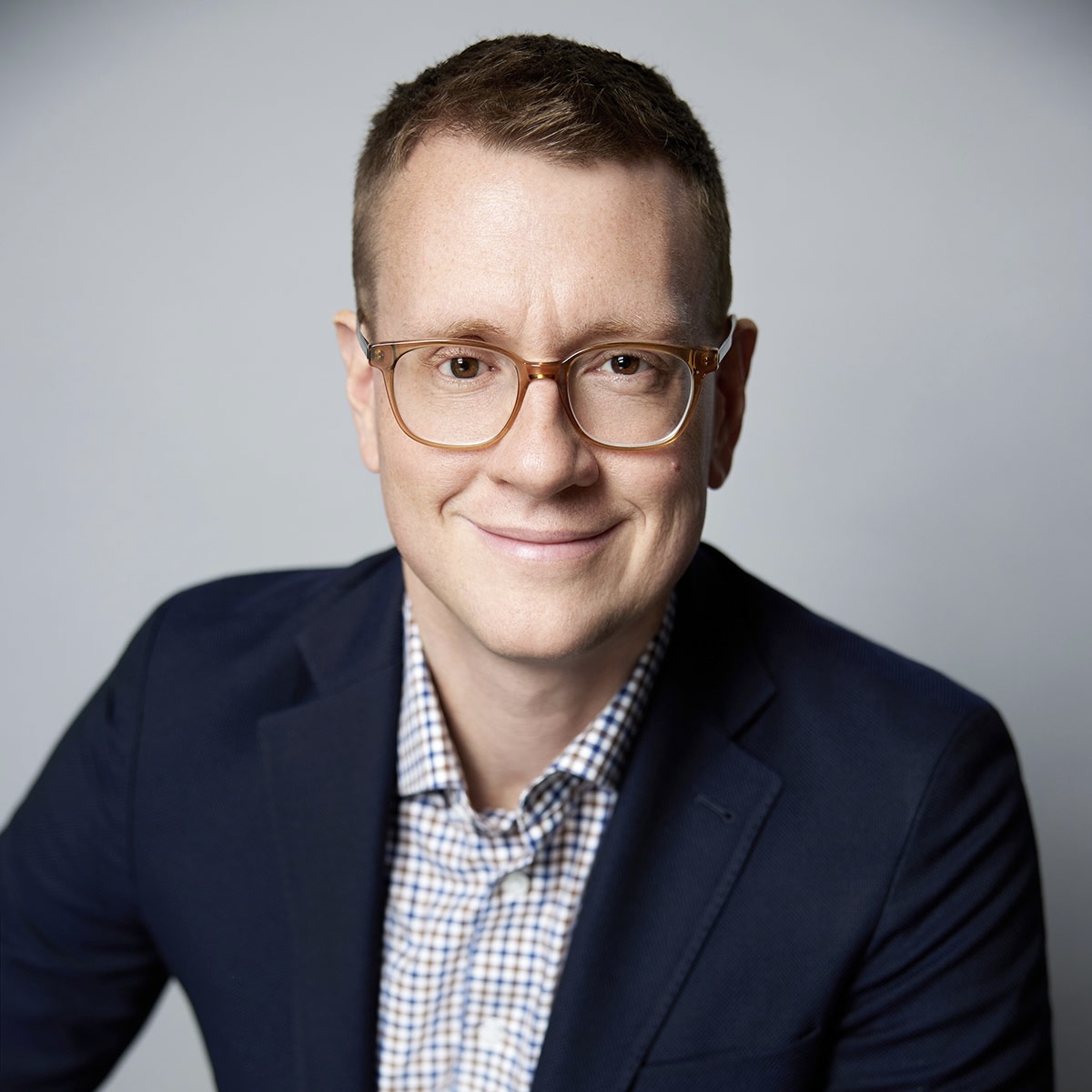
Dr. John Reuter
John Reuter is an Associate Professor in the Department of Political Science at the University of Wisconsin–Milwaukee. From 2011-2022, he was also a senior researcher at the Center for the Study of Institutions and Development at the Higher School of Economics in Moscow. He is the author of The Origins of Dominant Parties: Building Authoritarian Institutions in Post-Soviet Russia (2017, Cambridge). His recent academic articles on autocracy and Russian politics have appeared in the American Political Science Review, Journal of Politics, World Politics, Comparative Political Studies, and Post-Soviet Affairs, among others. He is convenor of the Politics in Russia and Eurasia Seminar Series (PRESS) and co-principal investigator on the Russian Election Study (RES) surveys.
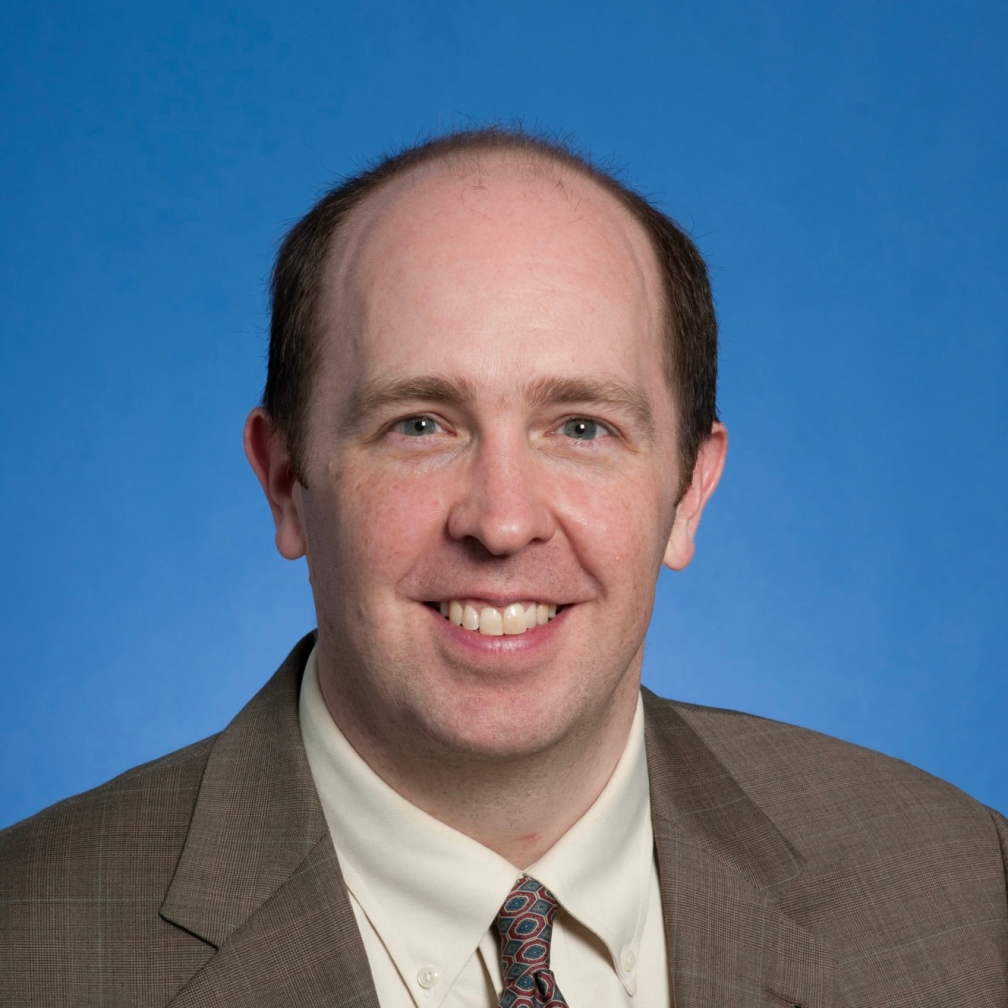
Dr. Henry E. Hale
Henry E. Hale is Professor of Political Science and International Affairs, and director of the Elliott School's Institute for European, Russian, and Eurasian Studies (IERES). He has spent extensive time conducting field research in post-Soviet Eurasia and is currently working on identity politics and political system change, with a special focus on public opinion dynamics in Russia and Ukraine. His work has won two prizes from the American Political Science Association including for the books The Zelensky Effect (Hurst/Oxford 2022) and Patronal Politics (Cambridge, 2015). For the period 2009-23, he served as director or co-director of the Program on New Approaches to Research and Security in Eurasia (PONARS Eurasia). Prior to joining GW, he taught at Indiana University (2000-2005), the European University at St. Petersburg, Russia (1999), and the Fletcher School of Law and Diplomacy (1997-98). He is also chair of the editorial board of Demokratizatsiya: The Journal of Post-Soviet Democratization.
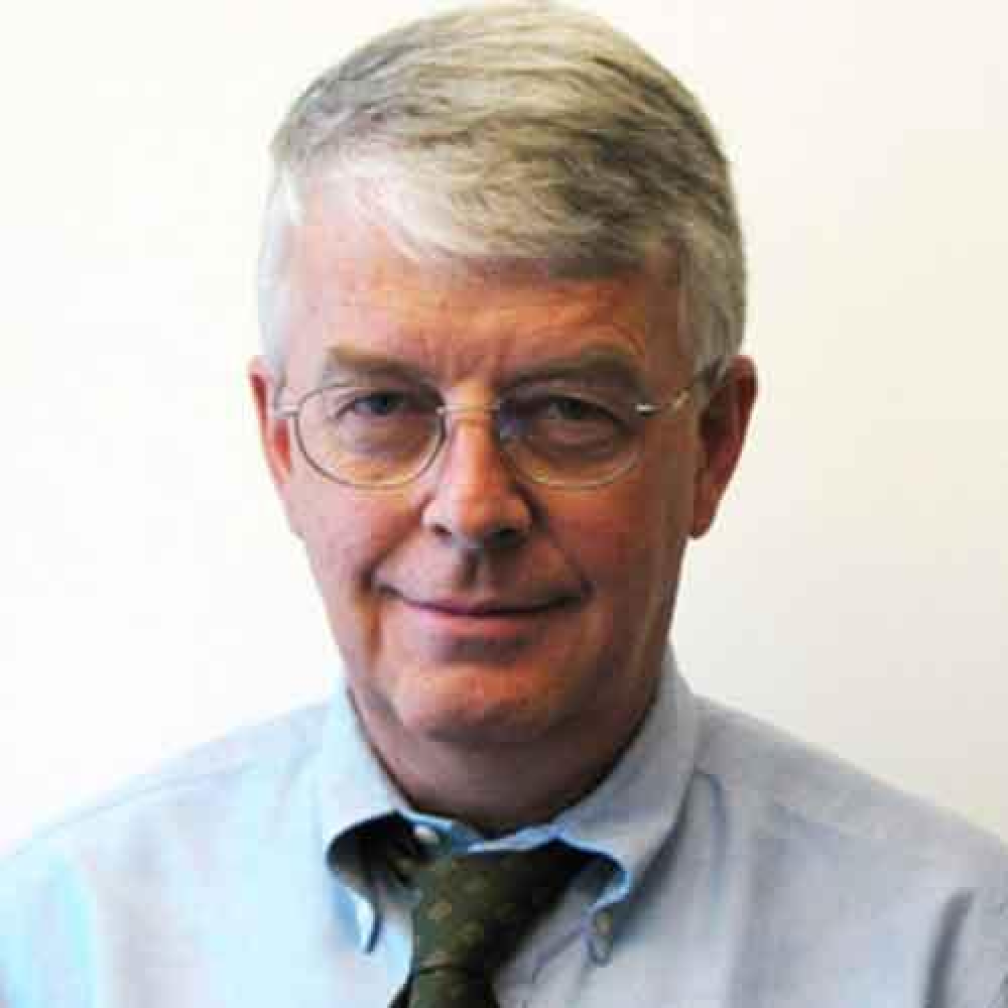
Dr. Timothy Colton
Timothy Colton is Morris and Anna Feldberg Professor of Government and Russian Studies and chair of the Academy of International and Area Studies at Harvard University. He is a past director of the Davis Center and a past chair of the Department of Government. His main research interest is Russian and Eurasian government and politics. He is the author of, among other works, The Dilemma of Reform in the Soviet Union (Council on Foreign Relations, 1986); Moscow: Governing the Socialist Metropolis (Harvard University Press, 1995), which was named best scholarly book in government and political science by the Association of American Publishers; Transitional Citizens: Voters and What Influences Them in the New Russia (Harvard University Press, 2000); Popular Choice and Managed Democracy: The Russian Elections of 1999 and 2000, with Michael McFaul (Brookings, 2003); Yeltsin: A Life (Basic Books, 2008, and published in Russia by Atticus-Azbuka in 2013); Russia: What Everyone Needs to Know (Oxford University Press, 2016); and Everyone Loses: The Ukraine Crisis and the Ruinous Contest for Post-Soviet Eurasia, with Samuel Charap (International Institute for Strategic Studies, 2017). He is also a Fellow of the American Academy for Arts and Sciences since 2011.
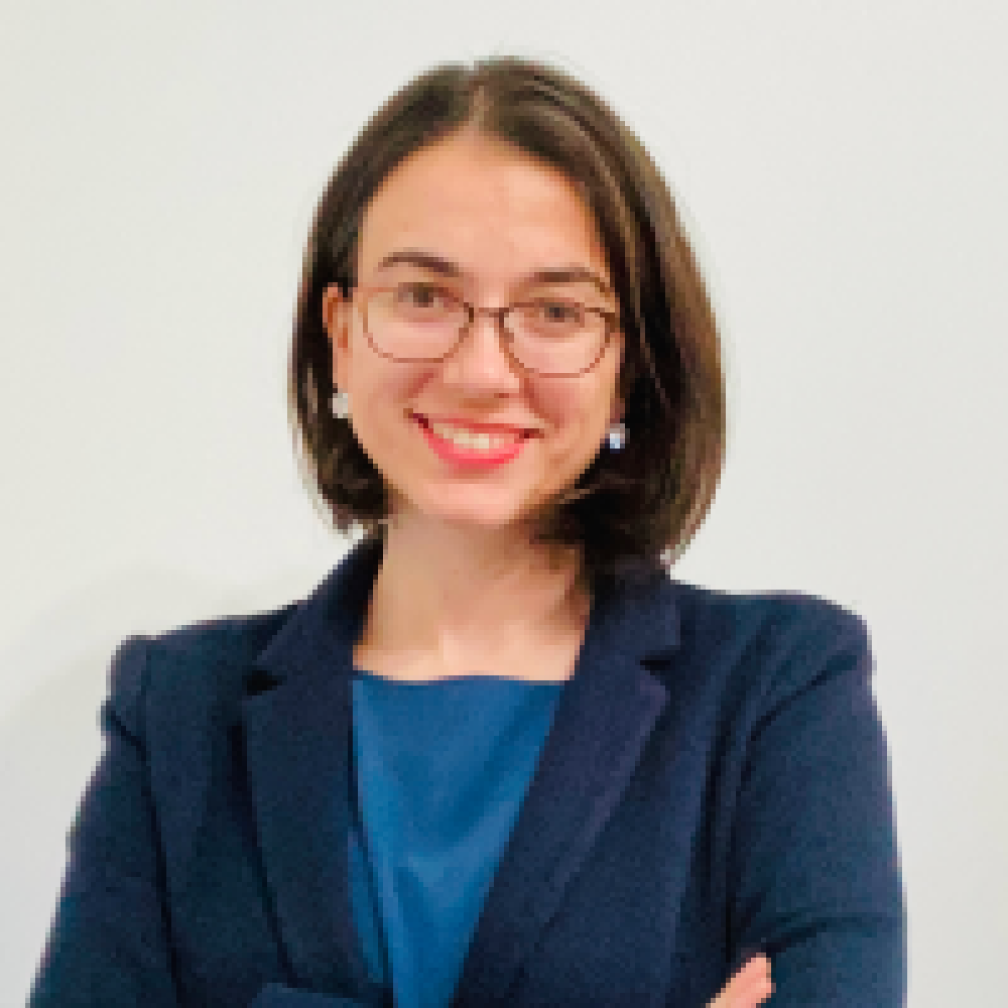
Dr. Katerina Tertytchnaya
Katerina Tertytchnaya is Associate Professor in Comparative Politics at the Department of Politics and International Relations and Tutorial Fellow at Brasenose College, University of Oxford. Her research interests include authoritarian politics, public opinion, political behavior, protest and post-communist politics. Before joining the University of Oxford, she was an Associate Professor of Comparative Politics at University College London. Her work has been published in the American Political Science Review, World Politics, and the Journal of Politics, among others. She is the Principle Investigator of the project “Nonviolent Repression in Electoral Autocracies” which is funded by the UKRI Economic and Social Research Council.
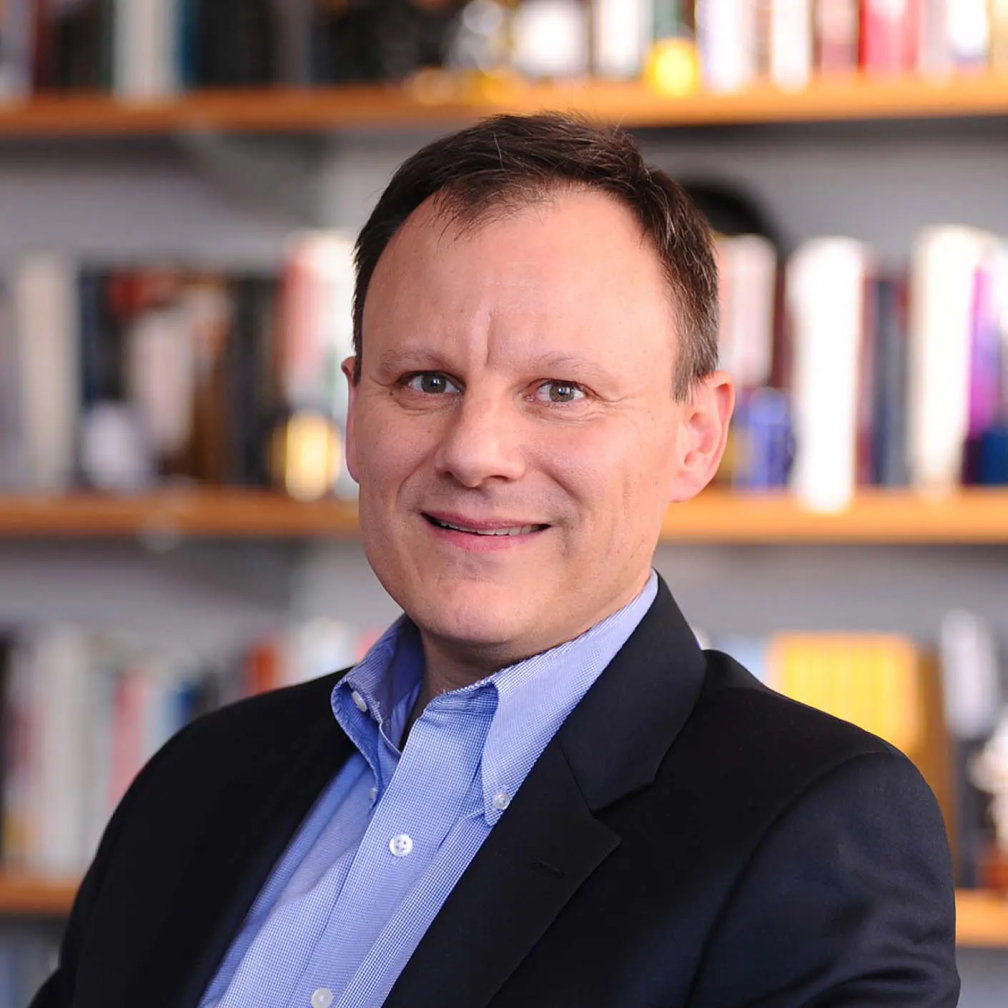
Dr. Timothy Frye
Timothy Frye (PhD, Columbia, 1997) is the Marshall D. Shulman Professor of Post-Soviet Foreign Policy. Professor Frye received a BA in Russian language and literature from Middlebury College, an MIA from Columbia's School of International and Public Affairs, and a PhD in political science from Columbia University. His research and teaching interests are in comparative politics and political economy with a focus on the former Soviet Union and Eastern Europe. He is the author of Brokers and Bureaucrats: Building Markets in Russia, which won the 2001 Hewett Prize from the American Association for the Advancement of Slavic Studies, and Building States and Markets after Communism: The Perils of Polarized Democracy, which won a Best Book Prize from the APSA Comparative Democratization section in 2010; and Property Rights and Property Wrongs: How Power, Institutions, and Norms Shape Economic Conflict in Russia, which was published in 2017. His most recent book is Weak Strongman: The Limits of Power in Putin’s Russia.
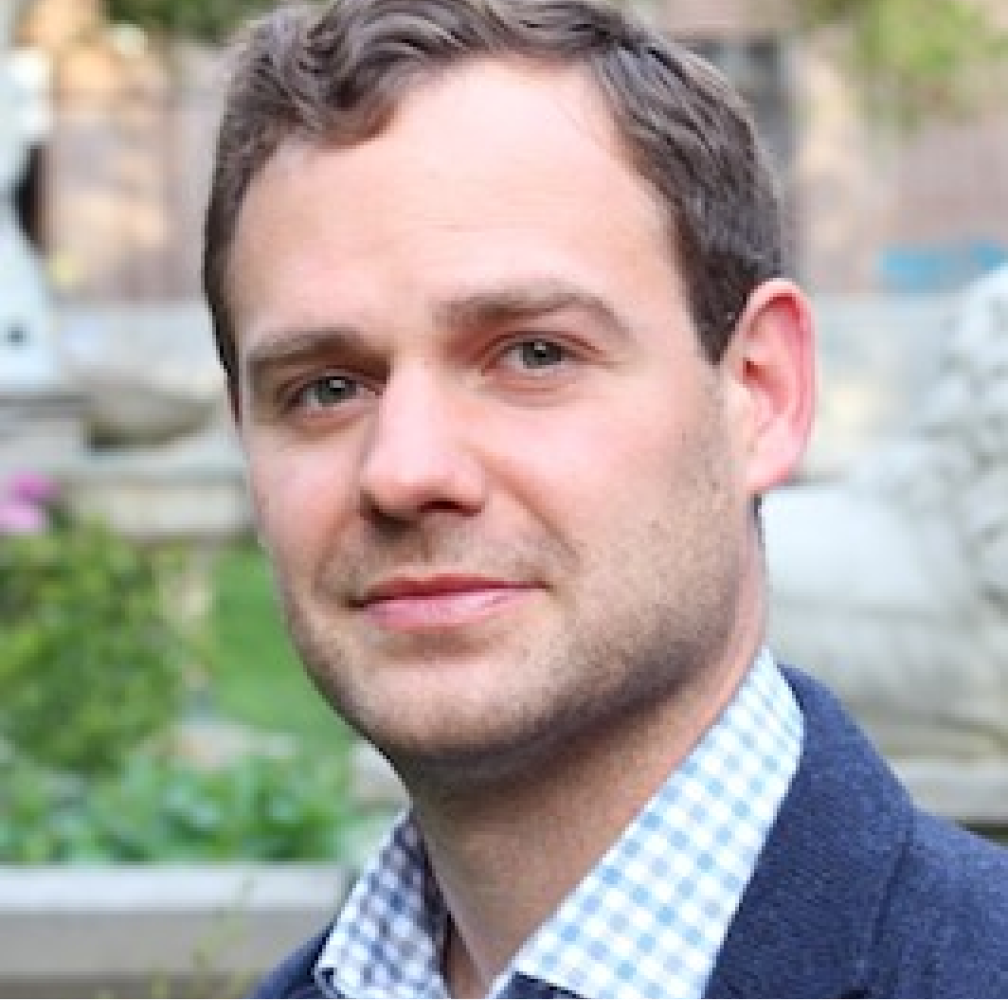
Dr. David Szakonyi
David Szakonyi is Assistant Professor of Political Science at George Washington University and co-founder of the Anti-Corruption Data Collective. His research focuses on corruption, clientelism, and political economy in Russia, Western Europe, and the United States. His book -- Politics for Profit: Business, Elections, and Policymaking in Russia (Cambridge University Press, Cambridge Studies in Comparative Politics, 2020) -- examines why business people run for elected political office worldwide, how their firms perform as a result, and whether individuals with private sector experience make different policy decisions. Other research looks at the effectiveness of anti-corruption campaigns, employers mobilizing their employees to vote, and nepotism under authoritarian rule. His investigative work has been published in the Washington Post, Foreign Policy, the Daily Beast, and the Miami Herald, among other outlets. In addition, he is a Research Fellow at the International Center for the Study of Institutions and Development at the Higher School of Economics in Moscow.
Frances Cayton
Frances Cayton is a Ph.D. student in Government at Cornell University. Her primary field is Comparative Politics, with a special minor in Methodology. Her research interests center on state-society relations and, in particular, the relationship between illiberal (populist) leaders/parties and civil society. Frances earned her master's degree in Russian, East European, and Central Asian studies from Harvard University in 2021, as well as a bachelor's degree in History and Political Science from the University of North Carolina at Chapel Hill in 2018. Her research has been funded by the Davis Center for Russian and Eurasian Studies at Harvard, the United States Department of Education, the University of North Carolina at Chapel Hill, and the Mario Einaudi Center's Institute for European Studies at Cornell University. She currently holds a Brettschneider Fellowship at Nuffield College, University of Oxford.
Georgy Tarasenko
Georgy Tarasenko is a Ph.D. student in Government at Cornell University. His research interests include political economy, cliometrics, and political psychology, with an emphasis on authoritarian public opinion, historical legacies, and comparative development. Employing computational and experimental methods, Georgy studies themes such as labor coercion in Eastern Europe and political psychology in Russia. Georgy was previously a research assistant at Moscow’s Higher School of Economics Center of Institutional Studies and ITMO University's Digital Humanities Center. Georgy holds a Master's degree in Sociology (with honors) and a Bachelor's degree in Political Science (with honors, minor in Data Science) from HSE, where he also worked as a lecturer and teaching fellow. He has taught Python programming, data analysis, experimental methods, and probability theory at the HSE, MIPT, ITMO University, and the Moscow Skolkovo School of Business and has contributed to EdTech firms including Skillbox and Skillfactory.
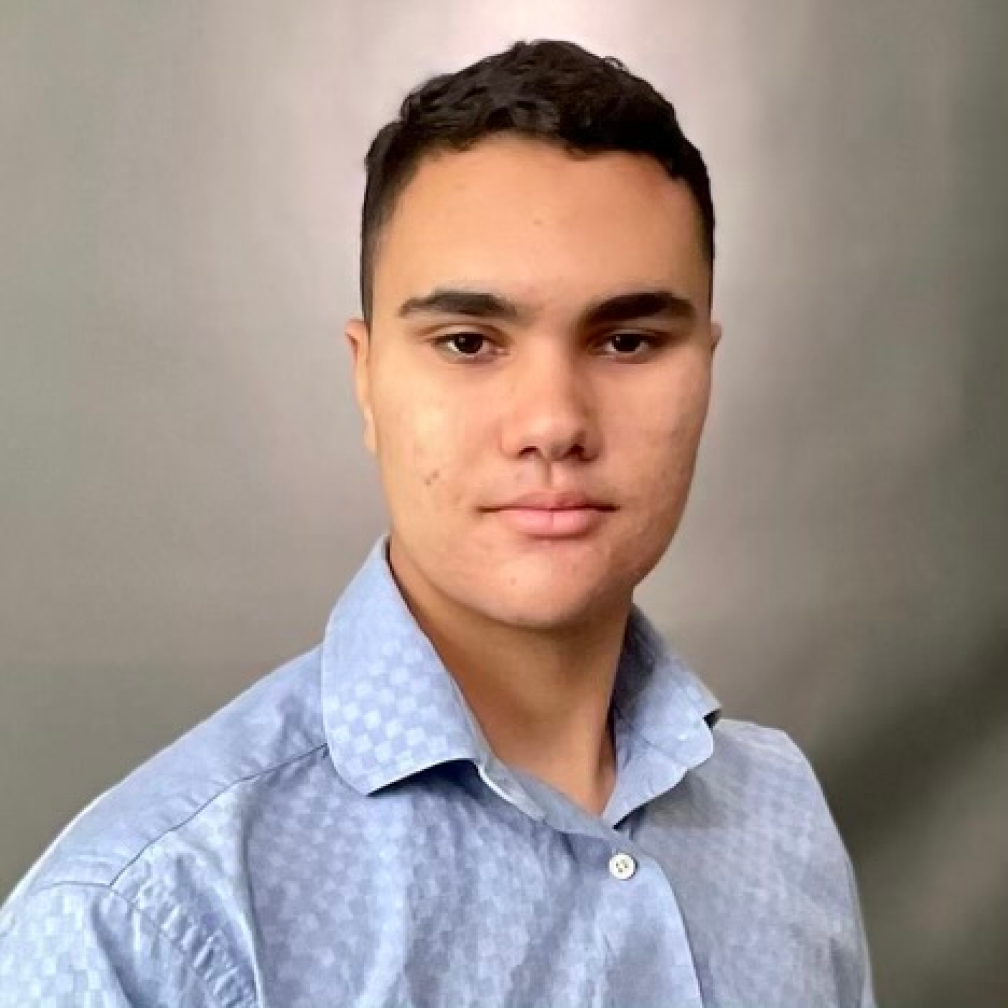
Sebastian Bellingham
Major(s): History and Near Eastern Studies
Class of 2026
Sebastian believes that research on public opinion in Russia is relevant now more than ever not only for the Russian people, but for making informed international policy decisions. Sebastian's interest in the Russian Election Study stems from his interests in international relations, politics, and national security.
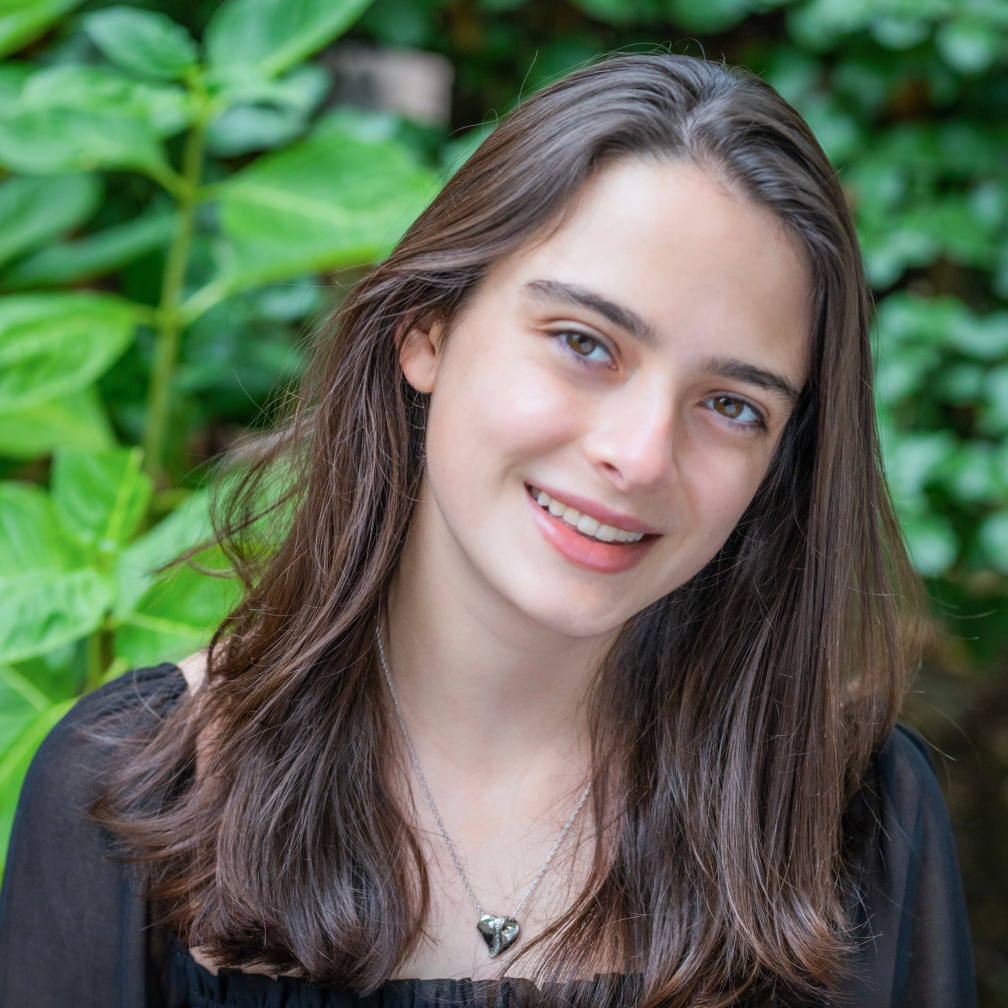
Gabriella Best
Major(s): Computer Science
Class of 2026
After taking a class with Professor Rosenfeld about Russia, Gabriella became interested in learning more about Russian public opinion and how it has been influenced by the war. As a part of this research team, Gabriella hopes to further explore the intersection between international politics and technology.
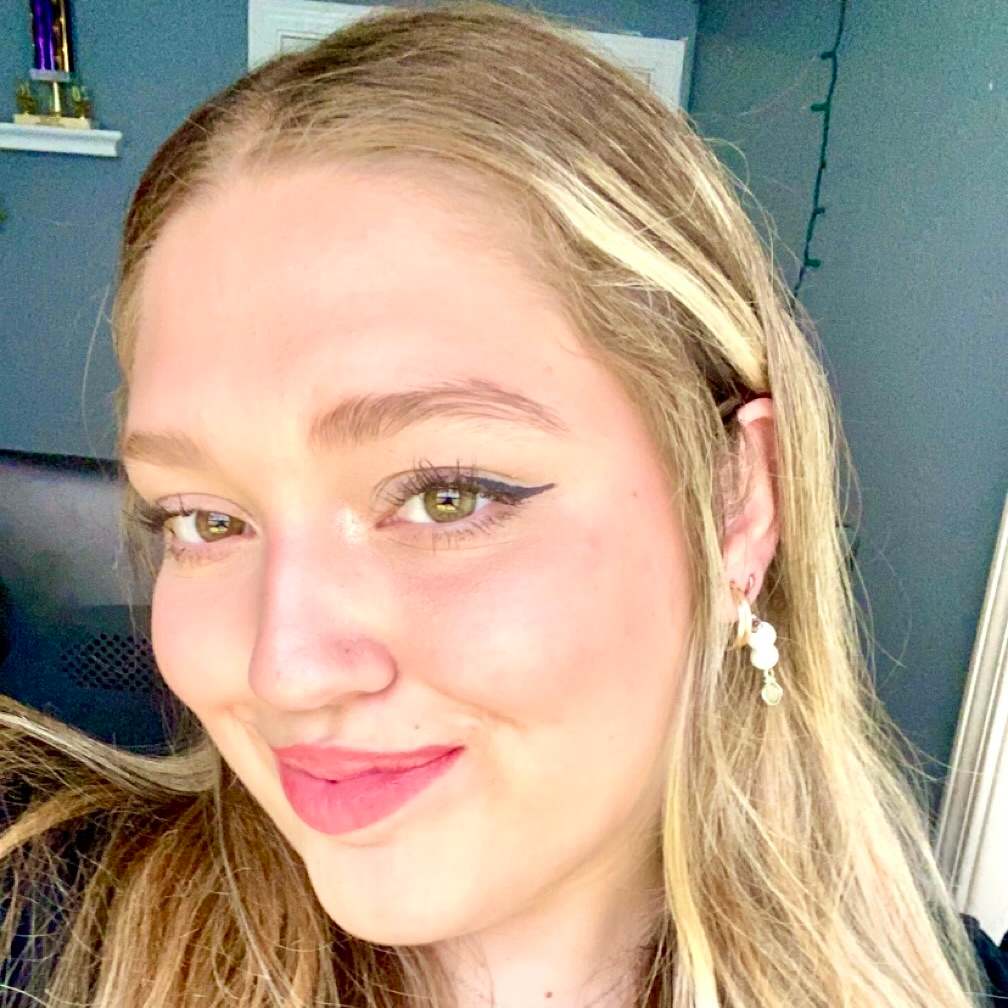
Yamileth Alvarez Haro
Major(s): Government
Class of 2026
Yamileth is interested in Russian politics, specifically Russians’ perceptions of their leaders and government and the Russia-Ukraine war. Yamileth is also interested in the history of Russia and how its political system has changed over time.
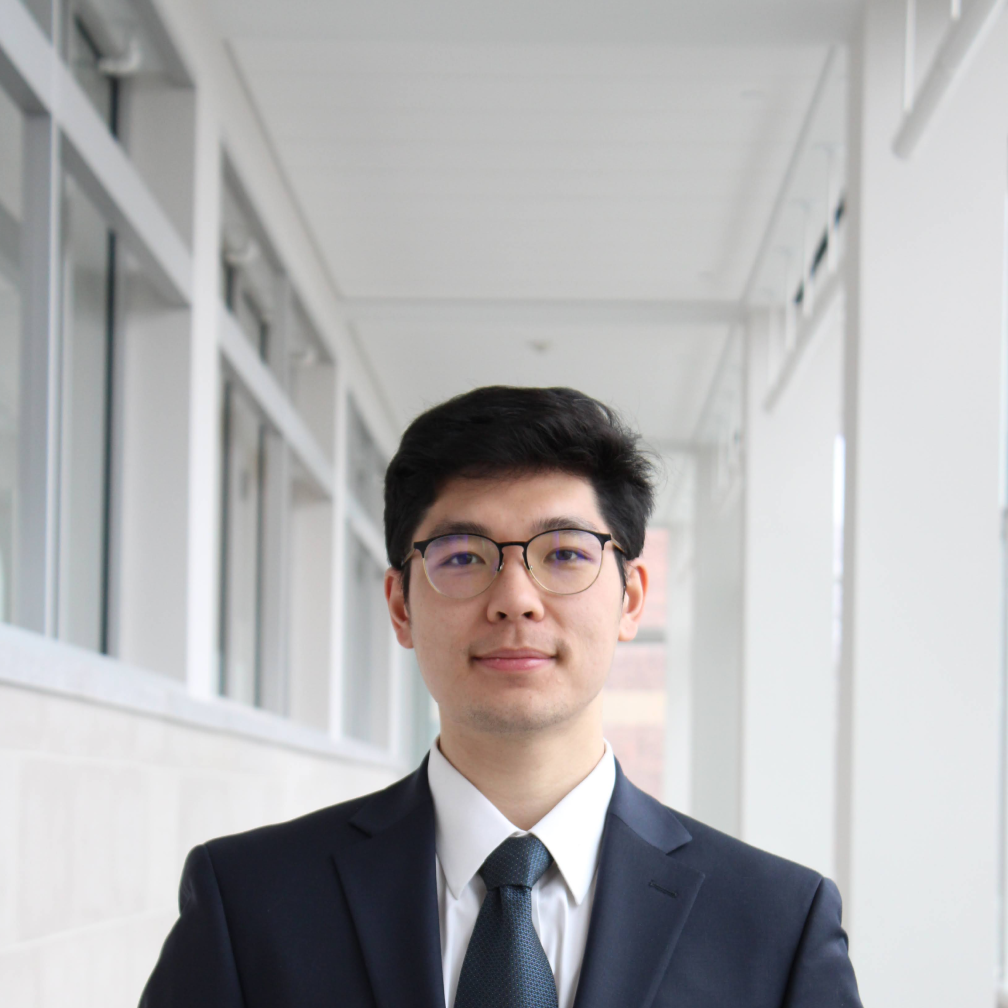
Jacob Levin
Major(s): Information Science and Statistical Science
Class of 2025
Jacob's enthusiasm for the Russian Election Study stems from his love of working with data and carrying out in-depth research. Jacob's background and experience with data, in particular projects for Grub Ventures, Statistical Consulting, and Tau Corporation of Alpha Chi Sigma, have given him a strong skill set in data analysis, cleaning, and visualization. He brings to the RES his passion for optimizing data processes and providing valuable insights.
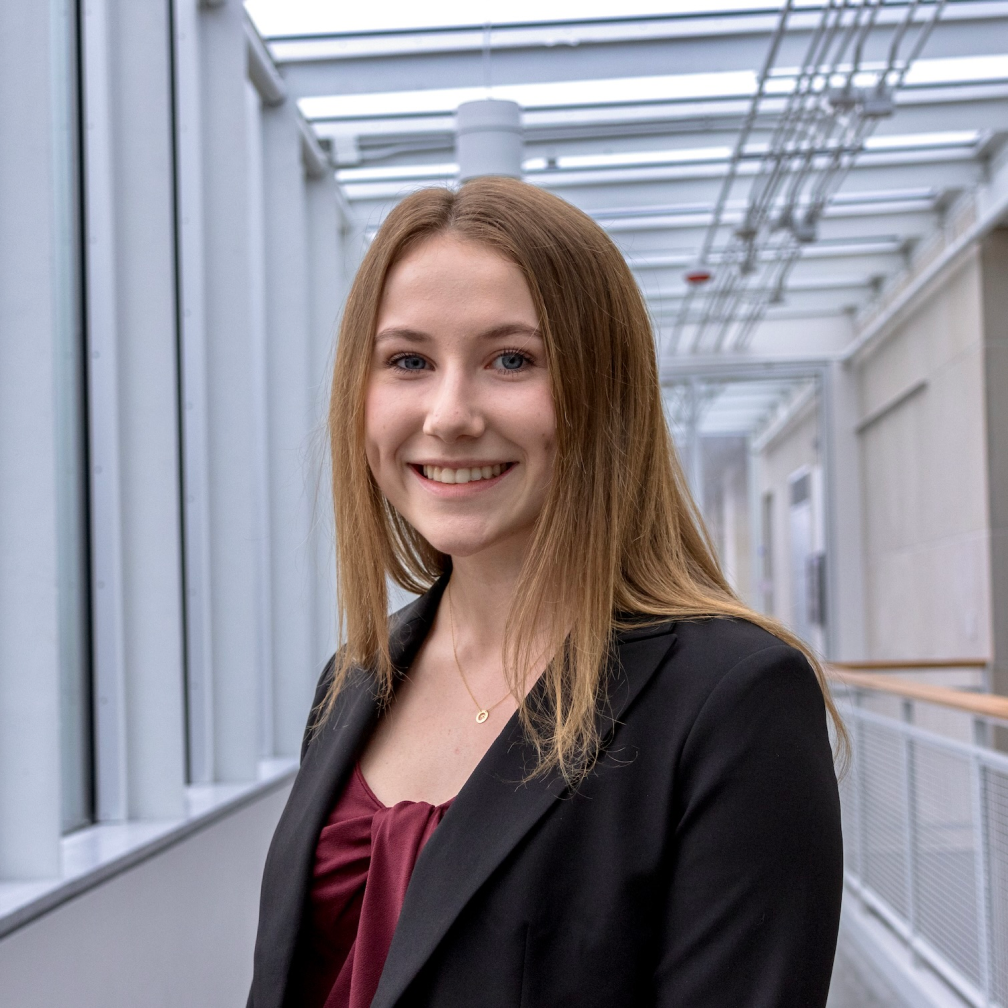
Lucy Nelson
Major(s): Industrial and Labor Relations
Class of 2026
Lucy first developed a deep passion for Russian politics and language in the summer of 2020 while taking Political Science and Russian Language courses at Tufts University. During her freshman year at Cornell University, she further pursued her passion by taking a class on Russian politics with Professor Rosenfeld. Lucy is honored to be a part of the research team because it allows her to engage in one of her favorite areas of study while also honing her skills in statistical analysis, writing, and website design.
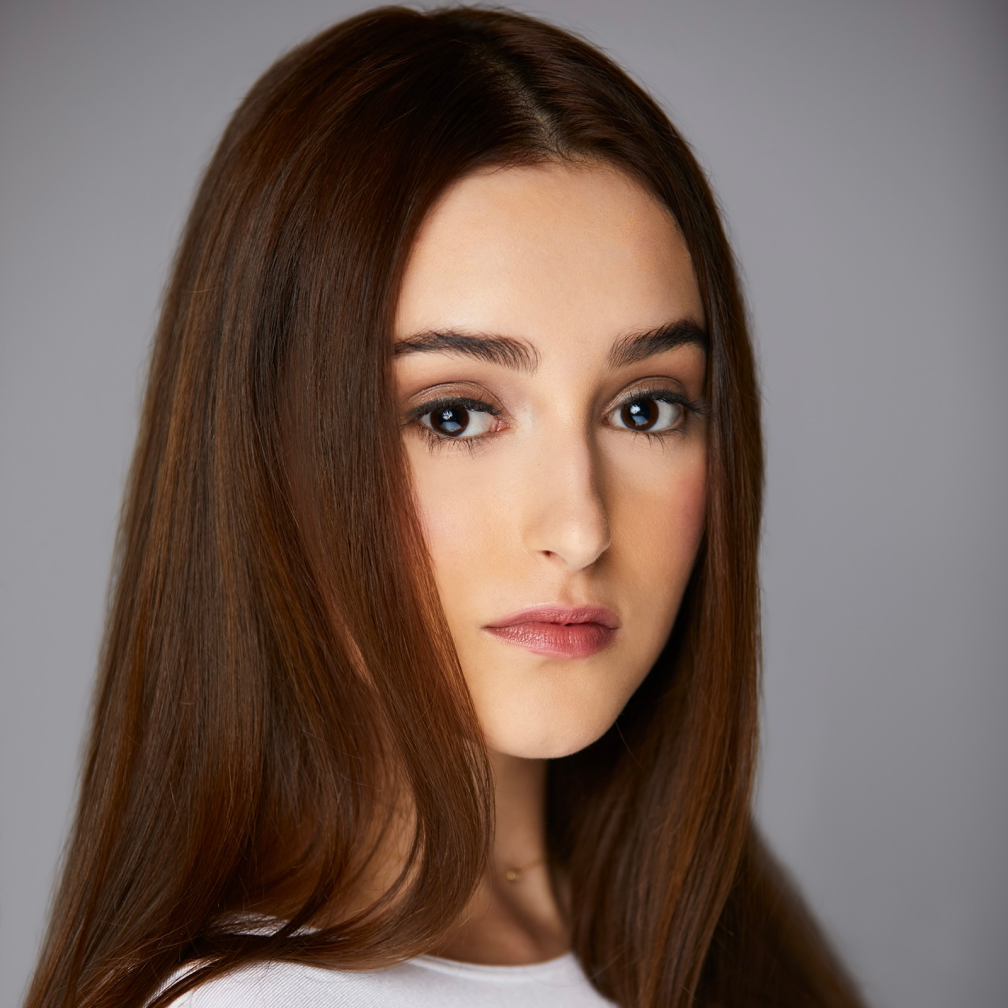
Sofia Restrepo
Major(s): Government and French
Class of 2026
Sofia combines her passion for politics and history with her interests in data analysis and public opinion as part of the research team. In collaborating with her peers, Sofia aims to enhance her political science research skills, particularly in the nuanced interpretation of public opinion data. Mastering these skills, she hopes to gain a deeper understanding of the complexities of global politics and to meaningfully contribute to public knowledge about Russia.
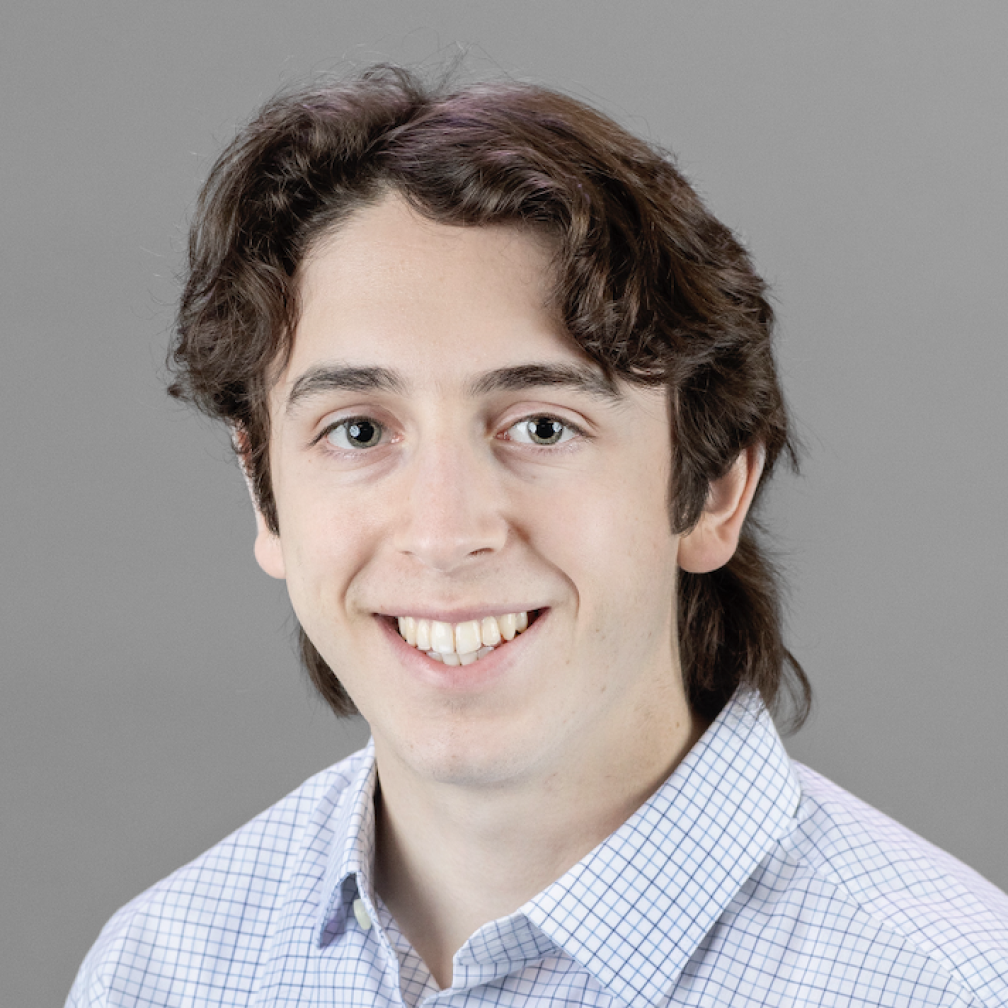
Davey Seeman
Major(s): Computer Science and Mathematics
Class of 2027
Six months ago, Davey knew little about Russian history, but he quickly grew fascinated by the subject during a class with Dr. Bryn Rosenfeld. After the semester ended, Davey wanted to learn more about Russian politics. Yet, his major, computer science, didn't offer any courses on the subject. So Davey joined this research team. By joining the team, Davey can explore Russian politics while also honing his skills in R programming.
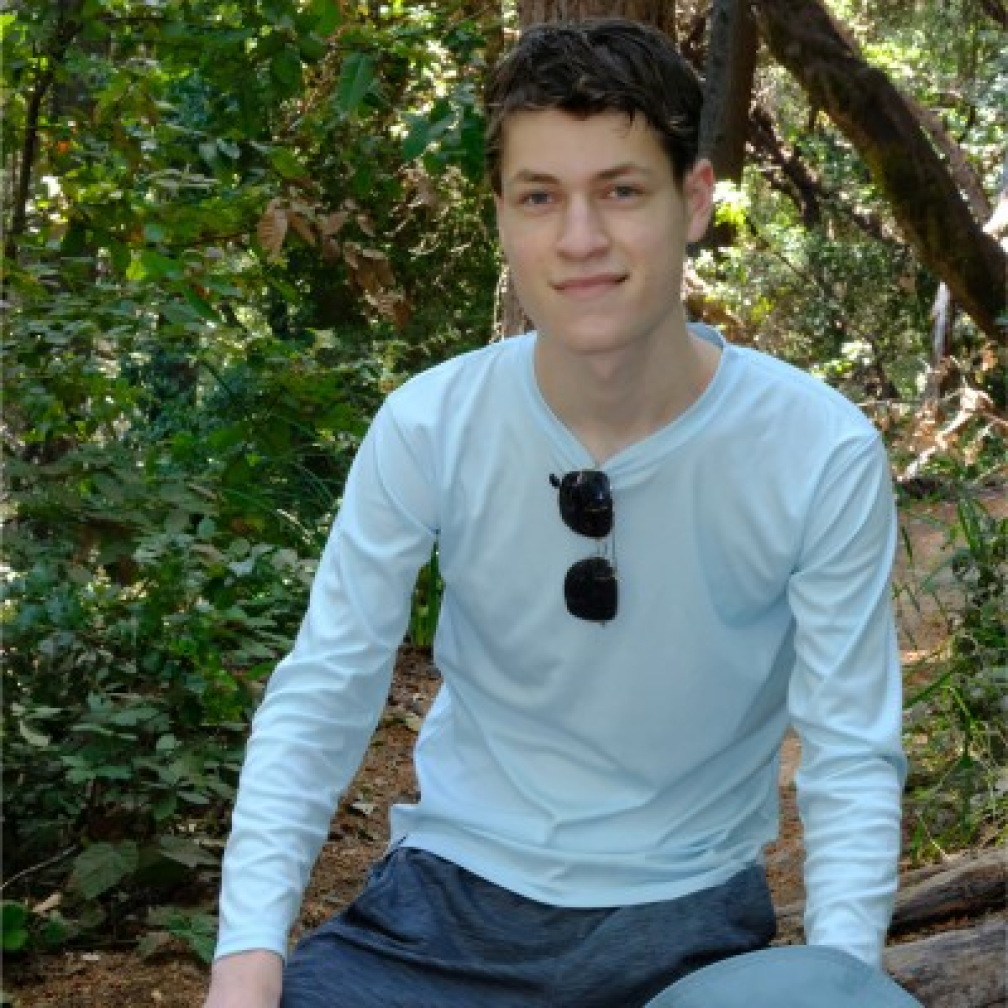
Sasha Shkolnikov
Major(s): Mechanical Engineering
Class of 2026
Sasha is excited to work at the intersection of Russian, Politics, and Data Analysis.
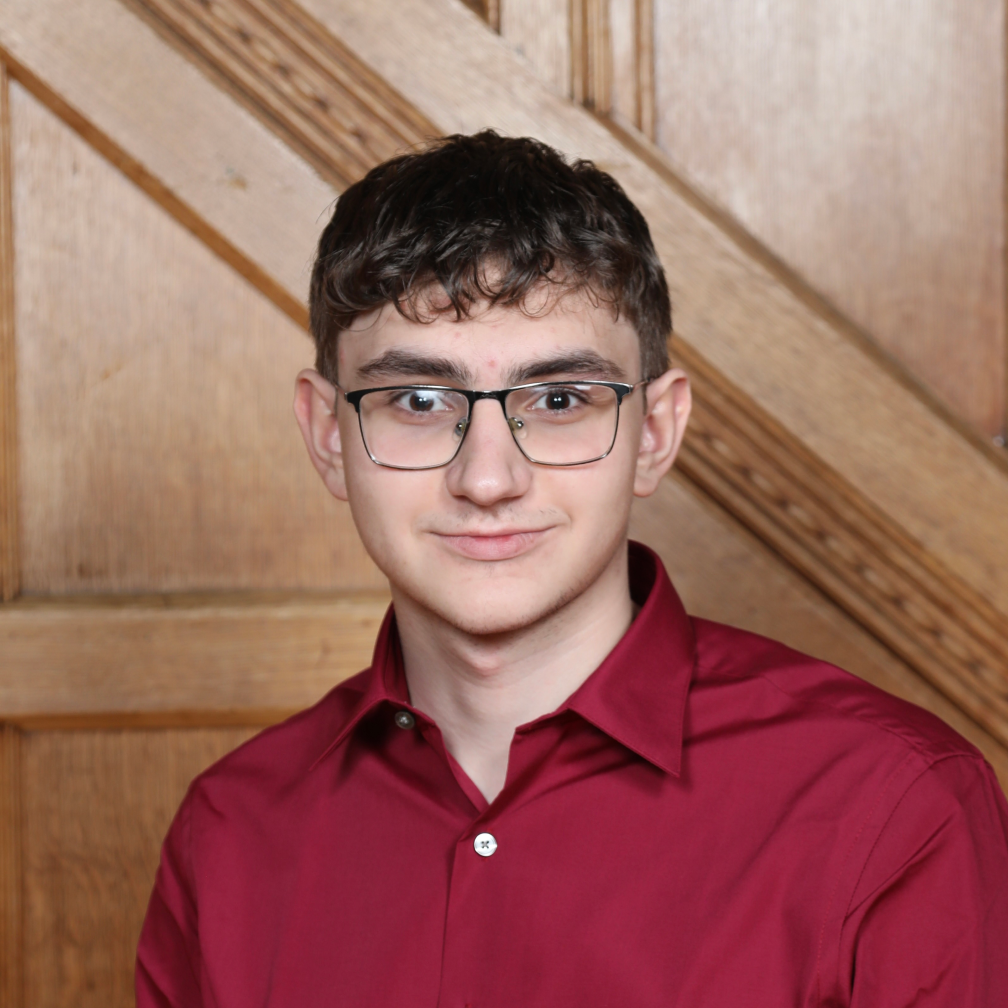
Jeremi Urbaniak
Major(s): Computer Science
Class of 2026
Jeremi is currently studying Russian and Computer Science. He joined the undergraduate research team because he wanted to learn more about Russian politics.

